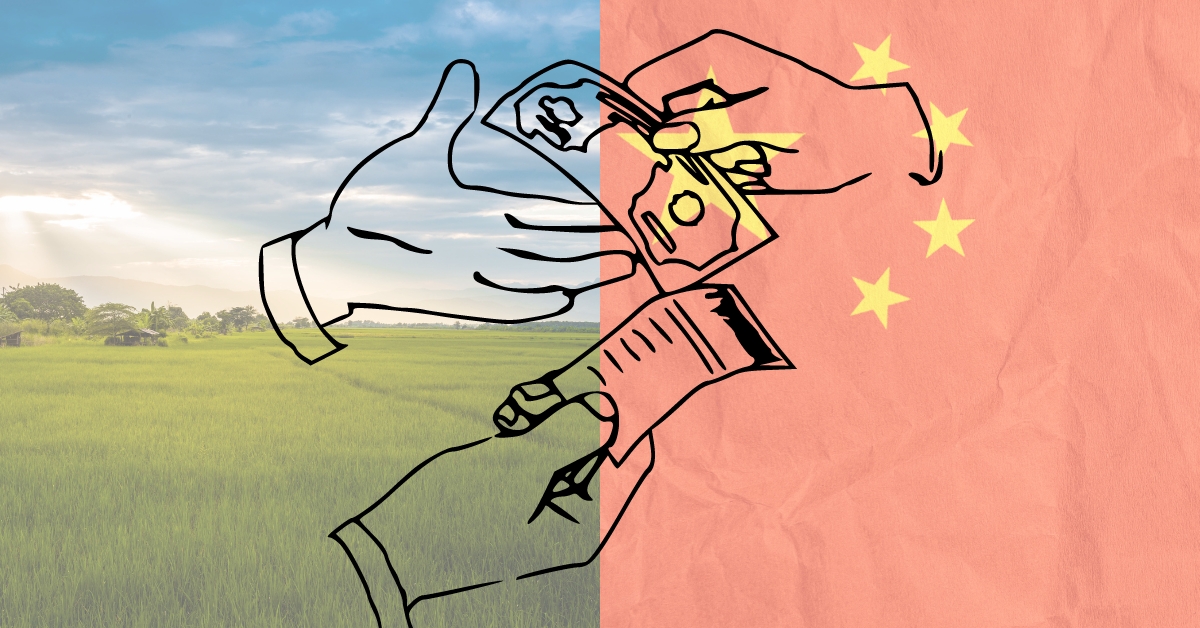
Biden’s Climate Envoy, John Podesta, Has Close Ties to a Chinese Front Organization
John Podesta’s recent appointment as Climate Envoy by the Biden administration marks yet another controversial turn in the ongoing saga of American climate diplomacy. Podesta, a figure well-ensconced in Democrat politics and a veteran of both the Clinton and Obama administrations, comes to the position with a history of engagement on climate issues. However, it’s his connections to the China-United States Exchange Foundation (CUSEF), a Chinese United Front-linked organization, that cast a long shadow over his capability to negotiate effectively with China on climate change.
Podesta’s affiliation with CUSEF, a group founded by billionaire Tung Chee-hwa—a figure deeply intertwined with the Chinese Communist Party—poses significant concerns. Notably, CUSEF has been involved in organizing dialogues between U.S. political figures and Chinese officials, fostering an environment ripe for influence by the Chinese state. Such connections are alarming, given the paramount role China plays as the world’s largest emitter of greenhouse gases and a key player in global climate negotiations. Most disturbingly, Podesta’s firm accepted $900,000 from CUSEF for lobbying services between 2015 and 2017.
Under Podesta’s watch, the Center for American Progress (CAP), which he founded, engaged closely with CUSEF, leading delegations to Beijing and facilitating discussions on U.S.-China relations, including climate change. This collaboration raises questions about the impartiality of Podesta’s approach to climate diplomacy, especially considering the lenient terms under which China was bound by the Paris Accords—a pact Podesta helped negotiate during his tenure in the Obama administration.
The Paris Accords, criticized for their uneven demands on China compared to the United States, exemplify the pitfalls of a negotiation strategy overly accommodating to Chinese interests. With China allowed to continue increasing emissions until 2030, the accords represented a significant diplomatic win for Beijing, achieved in part through the personal diplomacy of figures like Podesta and his predecessor, John Kerry.
As Podesta steps into his role as Climate Envoy, it’s essential to scrutinize the influence his past associations might wield on his negotiations with China. The Biden administration’s pursuit of climate cooperation with China, despite the deteriorating broader relationship between the two superpowers, necessitates a vigilant approach to ensuring American interests are not compromised.
While National Security Advisor Jake Sullivan lauds Podesta’s experience and vision for a climate-resilient economic future, it’s critical to remain wary of the potential for Chinese influence to sway American climate policy. Podesta’s history with CUSEF and his apparent leniency towards China in past climate negotiations raise questions about how effectively he would negotiate for U.S. interests. The road ahead in climate diplomacy is fraught with complexities, and Podesta’s navigation of these waters will be telling of the Biden administration’s stance on China and the climate crisis.











